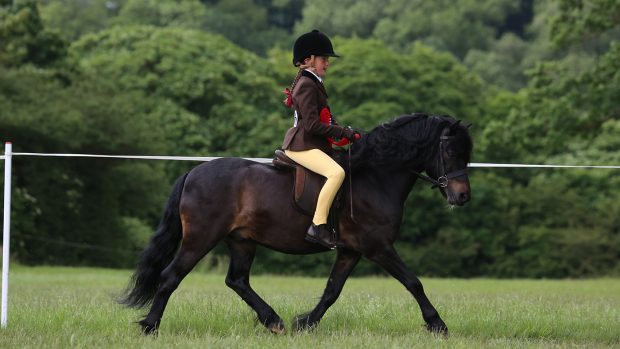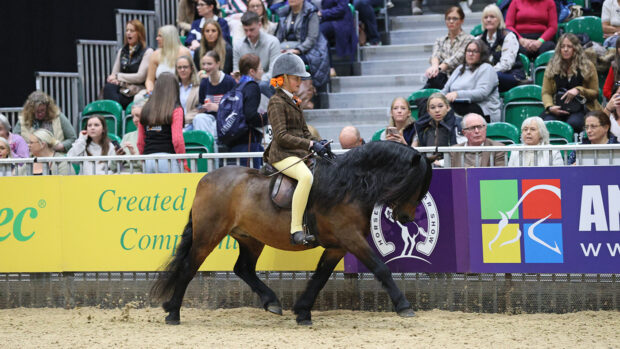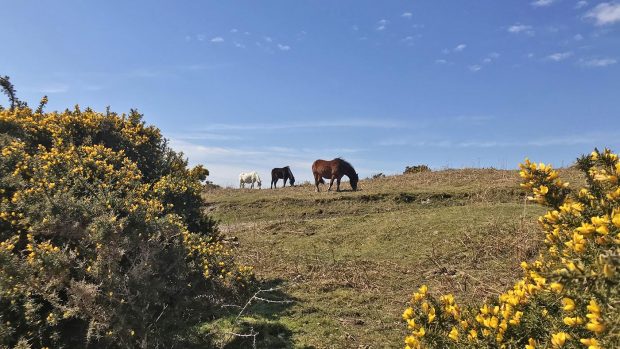A row has erupted over Dartmoor hill ponies after one charity suggested using them for human consumption could safeguard their future.
However, South West Equine Protection has blasted the Dartmoor Hill Pony Association’s (DHPA) suggestion that Dartmoor ponies should be eaten.
In a letter to SWEP, Charlotte Faulkner from the DHPA wrote that it was “understandably an upsetting subject” but that “Dartmoor pony herders will only keep their herds if they have a sustainable market for them”.
She added: “Stangely, having a meat trade should improve ponies chances of finding a new home at sales.”
However, SWEP is staunchly against the idea.
Becky Treeby from SWEP said: “We will never support overbreeding or killing ponies for profit.”
The organisation wants to promote “responsible breeding”.
“We don’t want to see the meat industry go ahead; we want to produce good quality Dartmoors,” Ms Treeby said.
Princess Anne created a media storm last year when she mentioned the idea of eating horsemeat as a potential solution to the ongoing equine welfare problem (news, 21 November).
Earlier this year H&H reported on concerns for the future of the hill breed after the annual autumn sale was ended. In the mid-fifties, between 500 and 600 Dartmoor ponies were sold in the Tavistock market. In 2013 only 14 of the 90 ponies entered were sold, at an average price of 11-12gns.
The Friends of Dartmoor Hill Pony — also run by Charlotte Faulkner — is undertaking a three-year contraception pilot.
“We find it hypocritical that on the one hand she’s saying save the ponies, and on the other saying ‘serve them up on a plate’,” added Ms Treeby.
However, World Horse Welfare does not dismiss the idea. The charity’s Roly Owers said: “This recent proposal is another potential option, especially in the current UK horse crisis, to help protect the Dartmoor pony herd, albeit one that many may find upsetting. Horse slaughter is a very emotive subject, but we believe it should be an available route for owners.
“Horse slaughter should never be seen as a panacea for reckless overbreeding.”
Ms Faulkner did not respond to H&H’s calls.
However, in a statement she said: “The first solution is to breed fewer ponies. The next is to wait until foals are three and put them in to the human food chain.
“Using both solutions would mean the farmers could breed from fewer ponies and keep the offspring for three years. This project has support from some of the hoteliers on the moor and we are confident others will follow.”
She added that a “compassionate” abbattoir had already been found.
The Moorland Exmoor Pony Breeders Group said it had discussed the idea also.
“Some owners suggested that as the normal horsemeat market is now poor, increased prices per kilo could be achieved by presenting Exmoor pony meat as a speciality meat, to be sold in restaurants.”
However it was decided that there would be “negative implications”. “All of the farmers represented would prefer the foals to find good homes, than face slaughter,” she added.
This news story was first published in H&H magazine (2 October 2014).




